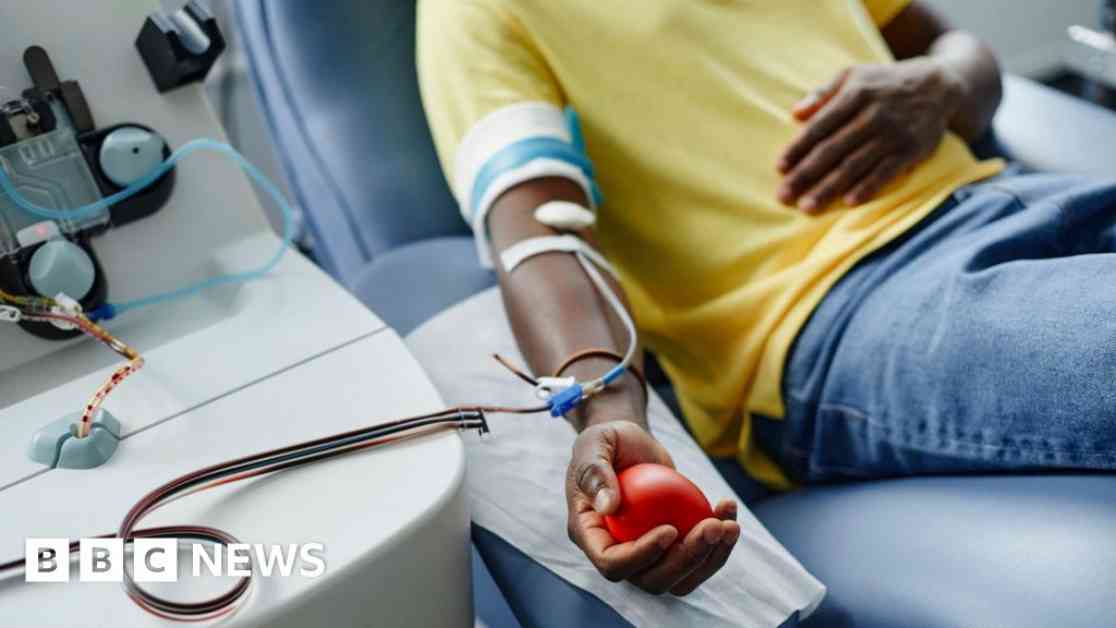Following a recent cyber attack affecting major hospitals in London, an urgent appeal has been made for O-type blood donors across the country. The attack has disrupted the ability of hospitals to match patients’ blood at the usual frequency, leading to cancellations of operations and tests.
The NHS Blood and Transplant is specifically calling for O positive and O negative blood donors to book appointments at one of the 25 NHS Blood Donor Centres in England. This is because O-type blood is considered the universal blood type and can be used for all patients, especially in emergencies or when a patient’s blood type is unknown.
With blood having a shelf life of 35 days, it is crucial to continually replenish stocks. King’s College Hospital, Guy’s and St Thomas’, and other healthcare services in London had to declare a critical incident following the cyber attack last week. Despite the challenges, medical staff are working tirelessly to minimize disruptions to patient care.
Type O negative blood, although only present in 8% of the population, accounts for about 15% of hospital orders. On the other hand, O positive blood is the most common type, with 35% of donors having it. This type can be given to anyone with a positive blood type, benefiting a large portion of the population.
During National Blood Week, it has been highlighted that hospitals require three blood donations every minute. In response to this demand, there are approximately 13,000 appointments available nationally this week at NHS Blood Donor Centres, with 3,400 of these appointments being in London.
Dr. Gail Miflin, the chief medical officer for NHS Blood and Transplant, emphasized that patient safety is the top priority. By increasing the number of O negative and O positive donors, London hospitals can conduct more surgeries and provide optimal care for all patients. It is crucial for the community to come together and support these efforts by donating blood to ensure that healthcare services can continue to operate effectively in the wake of such cyber attacks.









